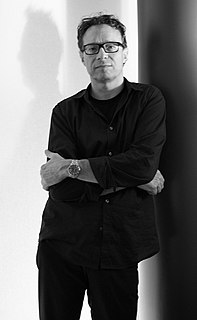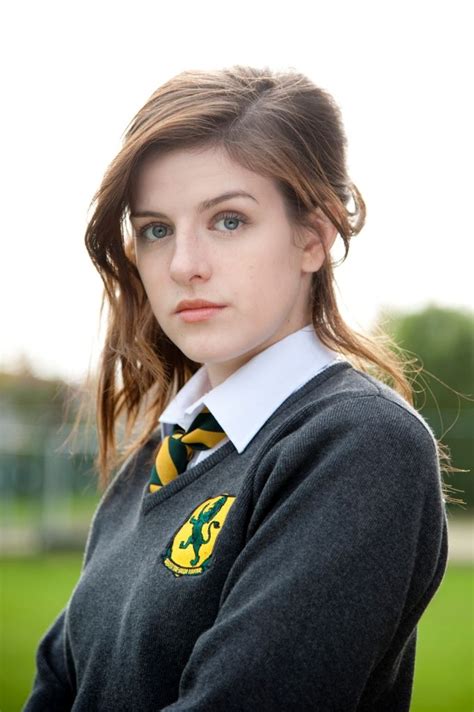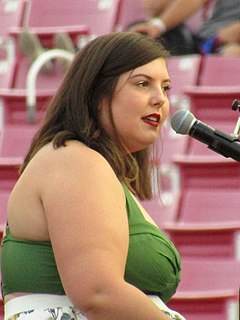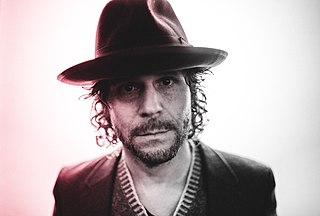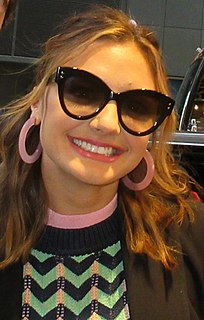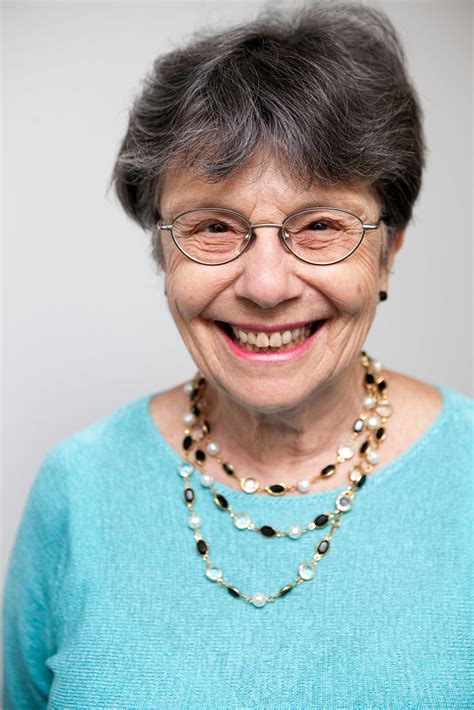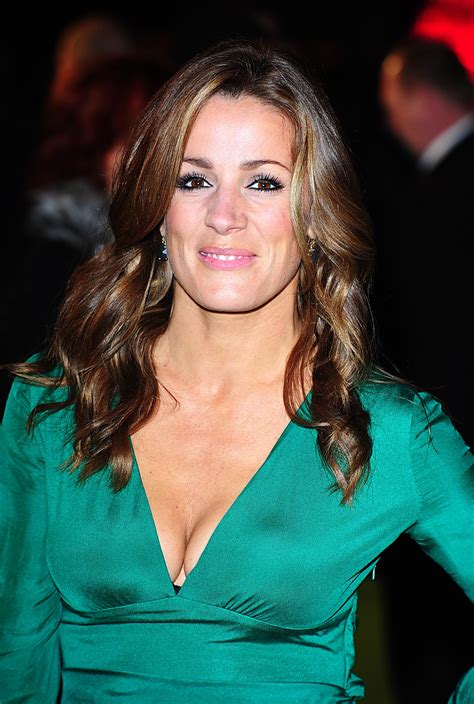A Quote by Jonathan W. Galassi
I love to publish new writers, and we do so consistently. But a lot of contemporary American poets sound alike to me. They want to bring spoken, prosy language into poetry and I understand that desire. But they don't edit. It's not very curated work. It seems very lackluster, very uncareful. It may be the un-carefulness is also something they intend but there's a kind of "So what?" quality to a lot of it.
Related Quotes
My fellow actors inspire me a lot and really good writing inspires me. And then trying to stick to the decision to only do something that I think will challenge me and that I, personally and very subjectively, I think is good not do something because I think it will bring me a lot of money or bring me a lot of awards. I've tried to very, very rigorously be highly subjective about what I do. And that's something that I think I have basically lived by.
I've had the good fortune to read a lot of great American writers in translation, and my absolute beloved, for me one of the greatest writers ever, is Mark Twain. Yes, yes, yes. And Whitman, from whom the whole of 20th-century poetry sprung up. Whitman was the origin of things, someone with a completely different outlook. But I think that he's the father of the new wave in the world's poetry which to this very day is hitting the shore.
I don't particularly care about having [my characters] talk realistically, that doesn't mean very much to me. Actually, a lot of people speak more articulately than some critics think, but before the 20th century it really didn't occur to many writers that their language had to be the language of everyday speech. When Wordsworth first considered that in poetry, it was considered very much of a shocker. And although I'm delighted to have things in ordinary speech, it's not what I'm trying to perform myself at all: I want my characters to get their ideas across, and I want them to be articulate.
All drama teachers are very effusive, very emotionally open, very big, and gesticulate a lot, and are very physical. Those people don't work in banks and they don't work for pharmaceutical companies. They teach drama, or they may be theatre directors. That's why I love people who are openly gay in theatre, because they have license to do what they like, and there's a kind of artistic liberal tolerance thing that goes on.
I was a regular kind of academic music student. I was at Juilliard. I had to study all the contemporary music of the time, and changing that language very radically was just a sign or a signal that I was going to try to do something very different. I find that that's what I feel closest to. I found no real inner response in me in a non-tonal language.
I want to be just a musician and songwriter, and hopefully known as a very good one. I love a lot of music that's considered folk music, but I also love a lot of music that's considered punk or considered rap. I don't mind being called a folk singer. But it seems a bit limiting. I want to be able to write whatever kind of song I want.
I love New York very much, and it was very important for me to spend my 20s in New York City. You're exposed to so much here, whether it's other people or just the grind of it and how hard you have to work. I think it forces you to define yourself: what kind of person do you want to be? What kind of woman do you want to be? And then inevitably, what kind of actress do you want to be?
We're living in a time when the sheer amount of language has exponentially increased. As writers, if we wish to be contemporary, I think we need to acknowledge that the very nature of the materials that we're working with - the landscape of language - is very different than it was a few decades ago.
At the very beginning, it's a desire and that's not the same thing at all, because when you have the desire to do something, all the work you can do is a positive thing. It's not something that you calculate. An idea is something you work on to make it work and a desire is much deeper in a way. The immersion, it's classical, I watched a lot of movies.



